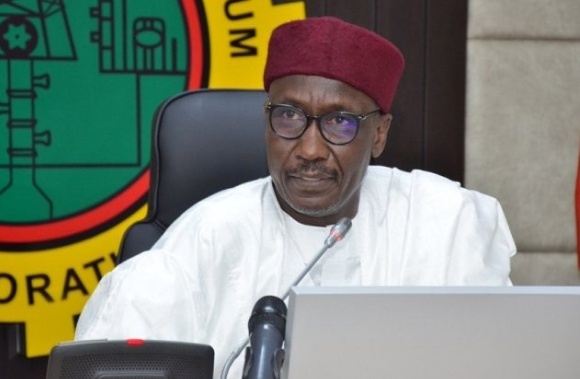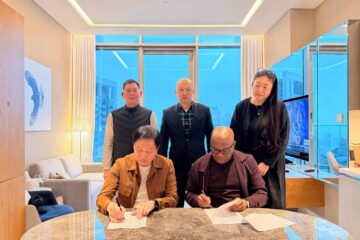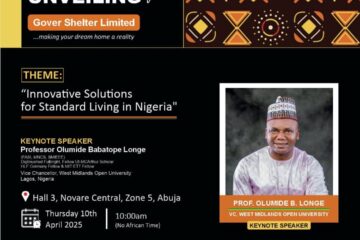NNPC GMD Kyari reveals how adulterated fuel was imported, names 4 oil companies involved
The Nigerian National Petroleum Company (NNPC) Limited has explained how the adulterated Premium Motor Spirit (PMS), otherwise known as petrol was imported into Nigeria from Belgium undetected as well as the oil companies that brought it in.
This is coming a few hours after the Minister of State for Petroleum Resources, Timipre Sylva, indicated that the Federal Government had ordered a major investigation to unravel the circumstance surrounding the importation and supply of the adulterated product.
This was made known by the Group Managing Director (GMD) of NNPC, Mele Kyari, on Wednesday, February 9, 2022, during a late-night briefing in Abuja, where he spoke about the problem which had led to fuel shortage and the emergence of queues in Abuja, Lagos, and several other states.
How the bad fuel was imported into Nigeria and 4 suppliers involved
Kyari revealed that the adulterated fuel was imported into the country by 4 importers from Antwerp in Belgium with quality inspectors failing to detect the high level of Methanol it contained, first at the point of import in Belgium and later at the point of arrival in Nigeria.
The NNPC boss who did not give the date of import, however, disclosed that the NNPC found out about the situation late in January following a report received from their quality inspector on the presence of emulsion particles in PMS cargoes shipped to Nigeria from Antwerp-Belgium.
He said that NNPC investigation revealed the presence of Methanol in 4 PMS cargoes imported by MRS, Emadeb/Hyde/AY Maikifi/Brittania-U Consortium, Oando, and Duke Oil.
MRS used the vessel, MT Bow Pioneer; Emadeb/Hyde/AY Maikifi/Brittania-U Consortium imported the product via the vessel MT Tom Hilde; Oando used the vessel MT Elka Apollon, while Duke Oil imported its PMS using MT Nord Gainer.
Going further, Kyari explained that the PMS contained Methanol was not detected by checks because the quality checks do not include checks for Methanol percentage adding that cargoes quality certificates issued at load port (Antwerp-Belgium) by AmSpec Belgium indicate that the gasoline complied with Nigerian Specification.
He also said that the NNPC quality inspectors including GMO, SGS, GeoChem and G&G as well as inspection agents appointed by the Midstream and Downstream Petroleum Regulatory Authority certified that the cargoes met Nigerian specification.
What the GMD of NNPC said in his briefing
Kyari during his briefing said, ‘’It is a very difficult period for us and it is very important to update our customers and members of the general public on the ongoing efforts by NNPC and other stakeholders including you, to resolve the issues generated by the unfortunate supply and discharge of methanol blended gasoline (PMS) in some Nigerian depots.
‘’Precisely on 20th January 2022, NNPC received a report from our quality inspector on the presence of emulsion particles in PMS cargoes shipped to Nigeria from Antwerp-Belgium.
‘’NNPC investigation revealed the presence of Methanol in Four (4) PMS cargoes imported by our DSDP suppliers including MRS, Emadeb/Hyde/AY Maikifi/Brittania-U Consortium, Oando and also our own company Duke Oil.
‘’Cargoes quality certificates issued at load port (Antwerp-Belgium) by AmSpec Belgium indicate that the gasoline complied with Nigerian Specification.
‘’The NNPC quality inspectors including GMO, SGS, GeoChem and G&G, all world class surveyors and inspectors, conducted tests on this before discharge also showed that the gasoline met Nigerian specification.
‘’As a standard practice for all PMS import to Nigeria, the cargoes were equally certified by inspection agent appointed by the Midstream and Downstream Petroleum Regulatory Authority as products that met Nigerian specification.
‘’It is important to note that the usual quality inspection protocol employed in both the load port in Belgium and our discharge ports in Nigeria do not include the test for Percentage methanol content and therefore the additive was not detected by our quality inspectors.
‘’In order to prevent the distribution of the petrol, we have ordered the quarantine of all un-evacuated volumes and the holding back of all the affected products in transit (both truck & marine).
‘’All defaulting suppliers have been put on notice for remedial actions and NNPC will work with the authority to take further necessary actions in line with subsisting regulations.
‘’NNPC wishes to reassure Nigerians that we are currently sourcing additional cargoes to ensure product sufficiency. We will like to thank you for your patience and remain committed to serving you.’’




